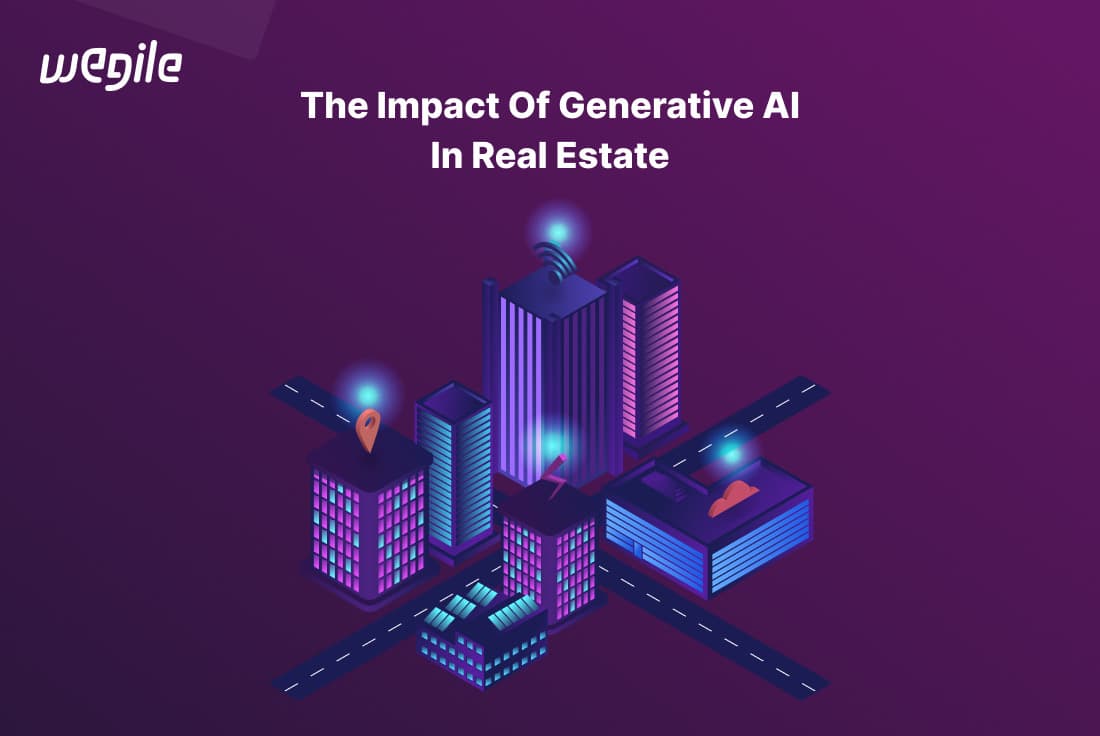Insights/ Generative AI
By: Sumit Oberoi | 12 Min Read |
Published: June 17, 2024 | Updated: December 02, 2025


THE AUTHOR
Founder & CEO of Wegile
Sumit Oberoi leads Wegile with extensive expertise in web and mobile app development, system architecture, and IT strategy. His deep technical knowledge elevates Wegile’s thought leadership across topics like generative AI, fitness apps, and digital innovation.
E41 Industrial Area, Phase 8, Mohali - INDIA 160071
813, Global Business Hub, Near WTC, Kharadi, Pune, Maharashtra 411014
1270 Avenue of the Americas 7th Floor New York, NY, US 10020